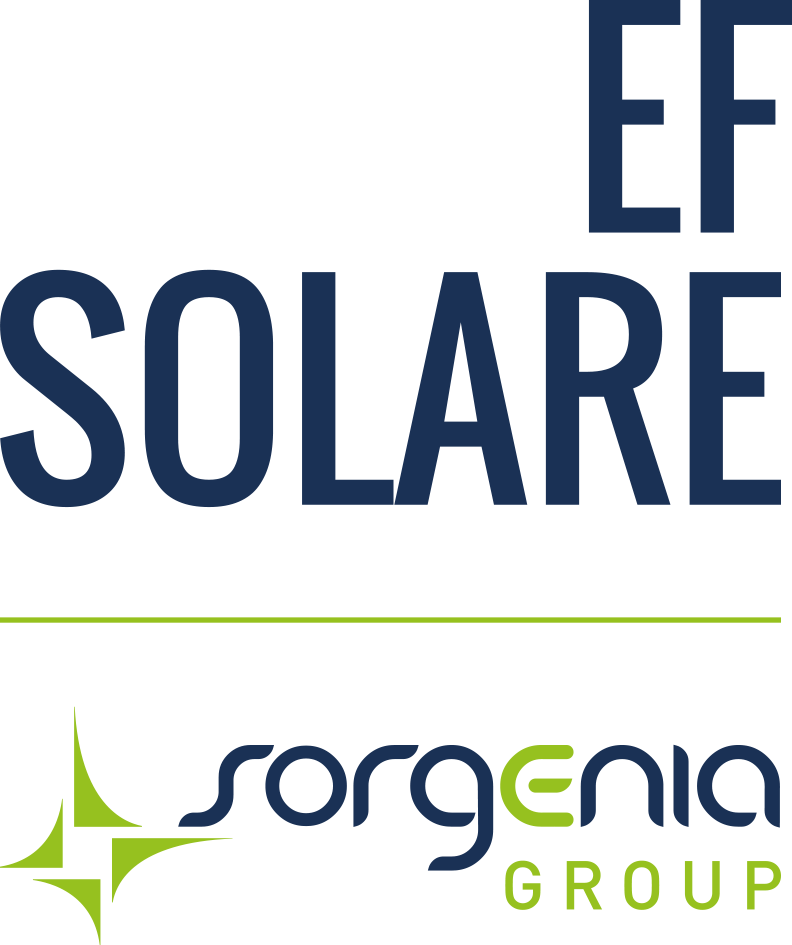Photovoltaics can and must be the key to the development of renewables and to a sustainable restart of the country. Every day EF Solare is committed to produce clean energy through the work of all its people so that today’s work can be the solid foundation on which build the world of tomorrow, more and more sustainable.
PHOTOVOLTAICS FOR THE COUNTRY’S RECOVERY: DECARBONIZATION TARGET
The global scenario for the development of renewables: the contribution of photovoltaics
The year 2020 has brought us face to face with a global emergency that has certainly redefined our priorities and has made even more evident the need to advance rapidly towards the decarbonisation of society. The renewable energy sector achieved a new global record this past year with the total installation of more than 260 GW of new “green” capacity, a number that exceeds the previous record of 2019 by nearly 50% and confirms the efficacy and practicality of the sector. In fact, the International Renewable Energy Agency (IRENA) document shows that more than 80% of the new electricity capacity installed in 2020 was powered by renewable energy sources. In addition, according to the report “Renewable Energy Market Update 2021 – Outlook for 2021 and 2022″ published by the International Energy Agency (IEA), in 2020 solar and wind have grown at a remarkably fast rhythm and in the coming years are set to expand even faster, a factor that has led the same IEA to revise upwards by more than 25% the estimates for the year, especially for Europe and the United States. SolarPower Europe’s Global Market Outlook 2021-2025, starting with PV installation data in 2020, also traced the industry’s growth scenarios for the near future. Despite Covid’s challenges, 2020 was a record year for global PV with the installation of an additional 138 GW bringing global installed capacity to over 770 GW. In addition, SolarPower Europe estimates that cumulative global solar capacity will exceed 1 TWh by 2022 with annual growths above 200 GW.
The importance of photovoltaics: present status and development prospects
According to GSE’s statistical report, in 2020 in Italy the PV sector ended the year with just 750 MW of new capacity, installing about 55,000 new systems, mostly small sizes. In the first quarter of 2021, according to data from the FER Observatory carried out by ANIE, it was precisely photovoltaics with 362 MW (+40% in relation to the first half of 2020) that led the growth of renewables.
Despite the encouraging numbers, the pace of growth of photovoltaics is, however, not sufficient when compared to the national targets set for 2030. According to the PNIEC (Piano Nazionale Integrato Energia e Clima – National Integrated Energy and Climate Plan) Italy should reach 52 GW of solar energy by the end of the decade, but currently has a total capacity of just over 21 GW. It is therefore necessary to accelerate the processes of decarbonization by simplifying authorization procedures, supporting the bankability of projects, involving and empowering the territories. For the realization of a concrete decarbonization is, in fact, appropriate to focus both on the valorization of the existing photovoltaic park, taking advantage of the opportunities arising from revamping and repowering activities, and develop new systems that can enhance the territory and create synergies between different sectors, such as agro-photovoltaic.
EF Solare’s commitment
Photovoltaics can and must be the key to the development of renewables and to a sustainable restart of the country. For this reason, EF Solare, aware of the urgency of a rapid decarbonization, is committed every day, through the work of all its people and the development of innovative projects, to produce clean energy in order to stimulate a concrete transition so that today’s work can be the solid foundation on which build the world of tomorrow, more and more sustainable.

